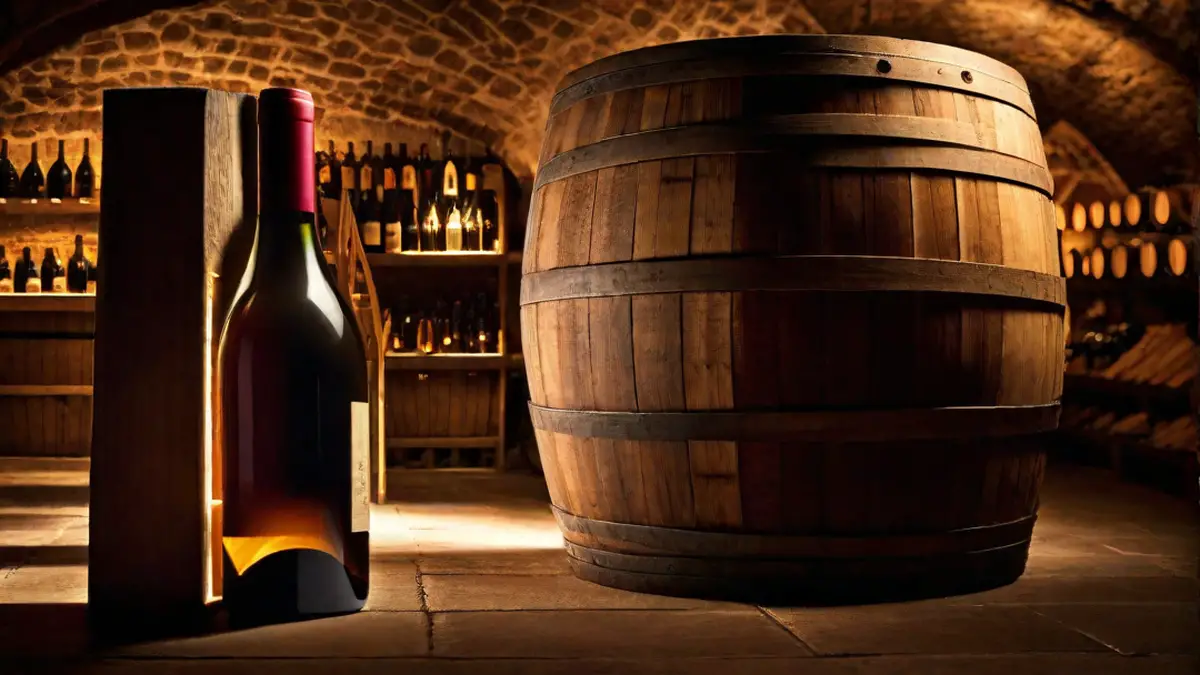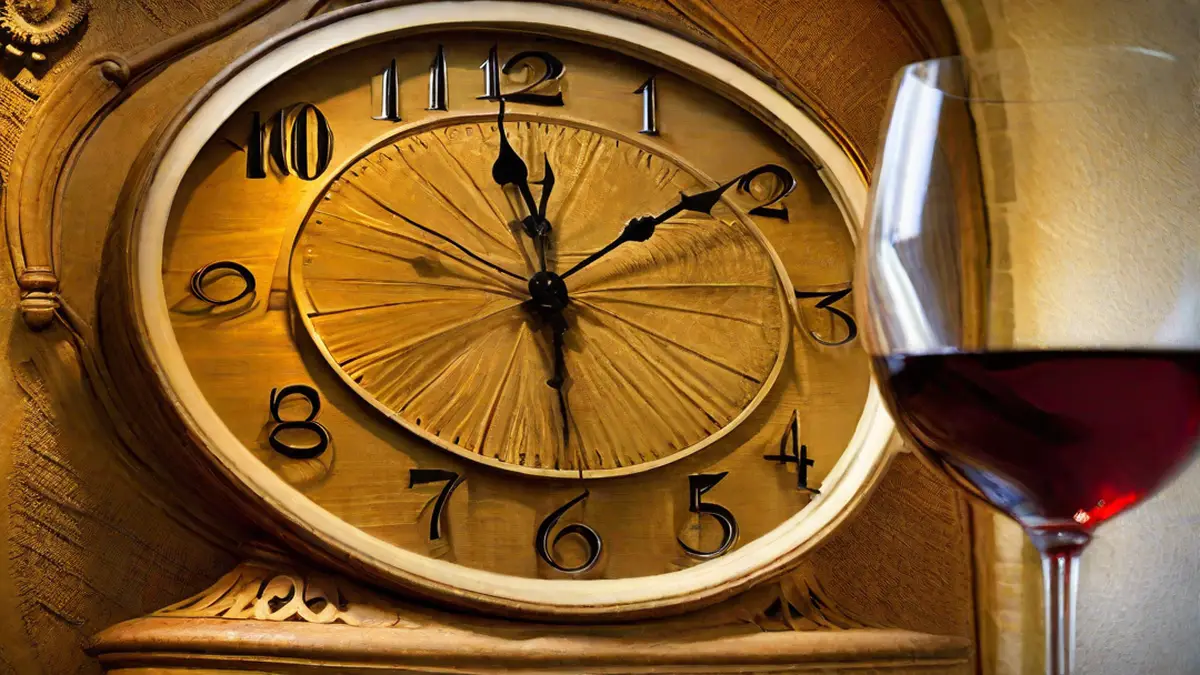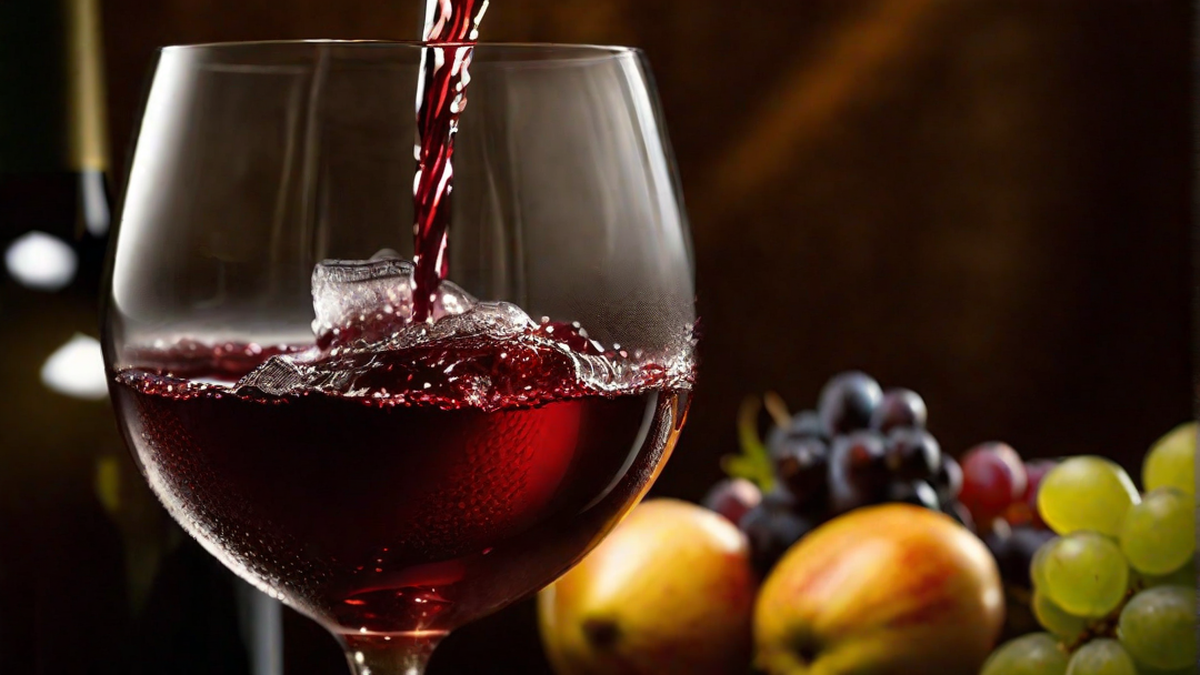In the realm of viniculture, one of the most intriguing operations within the winemaking process is undoubtedly maceration. As someone deeply passionate about wine, I consider maceration an absolutely enthralling aspect that plays a significant role in enhancing the depth and taste nuances of the wines we cherish. Let’s delve into this fascinating procedure and explore the wonders of maceration in winemaking.
Understanding Maceration in Wine
Maceration is the process in winemaking where the crushed grape skins, seeds, and sometimes stems are allowed to remain in contact with the juice during fermentation. This period of contact can vary in duration, ranging from a few days to several weeks, depending on the winemaker’s desired style and the grape varietal being used. The process of maceration plays a crucial role in determining the color, tannin levels, and flavor compounds present in the finished wine.
The Impact on Red Wines
For red wines, maceration is especially significant as it is during this process that the grape skins impart color, tannins, and a range of flavor compounds to the fermenting juice. As the skins macerate in the juice, the wine gains its desired color and extracts compounds that contribute to its texture and aging potential. This is the stage where the winemaker’s expertise truly shines, as they carefully monitor the maceration process to achieve the desired balance of tannins and flavors.
The Role in White Wines and Rosés
While maceration is typically associated with red wines, it can also play a role in the production of white wines and rosés. For white wines, a brief period of maceration with the grape skins can enhance the wine’s aromatics and contribute to a richer mouthfeel. Similarly, in the case of rosé wines, the duration of maceration determines the final color and flavor profile of the wine.
Personal Observation
As a wine enthusiast, I’ve had the pleasure of tasting wines where the winemaker’s approach to maceration truly stood out. The depth of flavors, the velvety texture, and the beautiful hues that result from a well-executed maceration process are a testament to the artistry and precision involved in winemaking.
Conclusion
In conclusion, maceration is a fundamental process in winemaking that greatly influences the characteristics of the final wine. The interplay between the grape skins and the fermenting juice during maceration is a delicate dance that shapes the color, structure, and flavors of the wine. It’s this attention to detail and the artful execution of processes like maceration that make the world of wine endlessly captivating and worthy of exploration.




